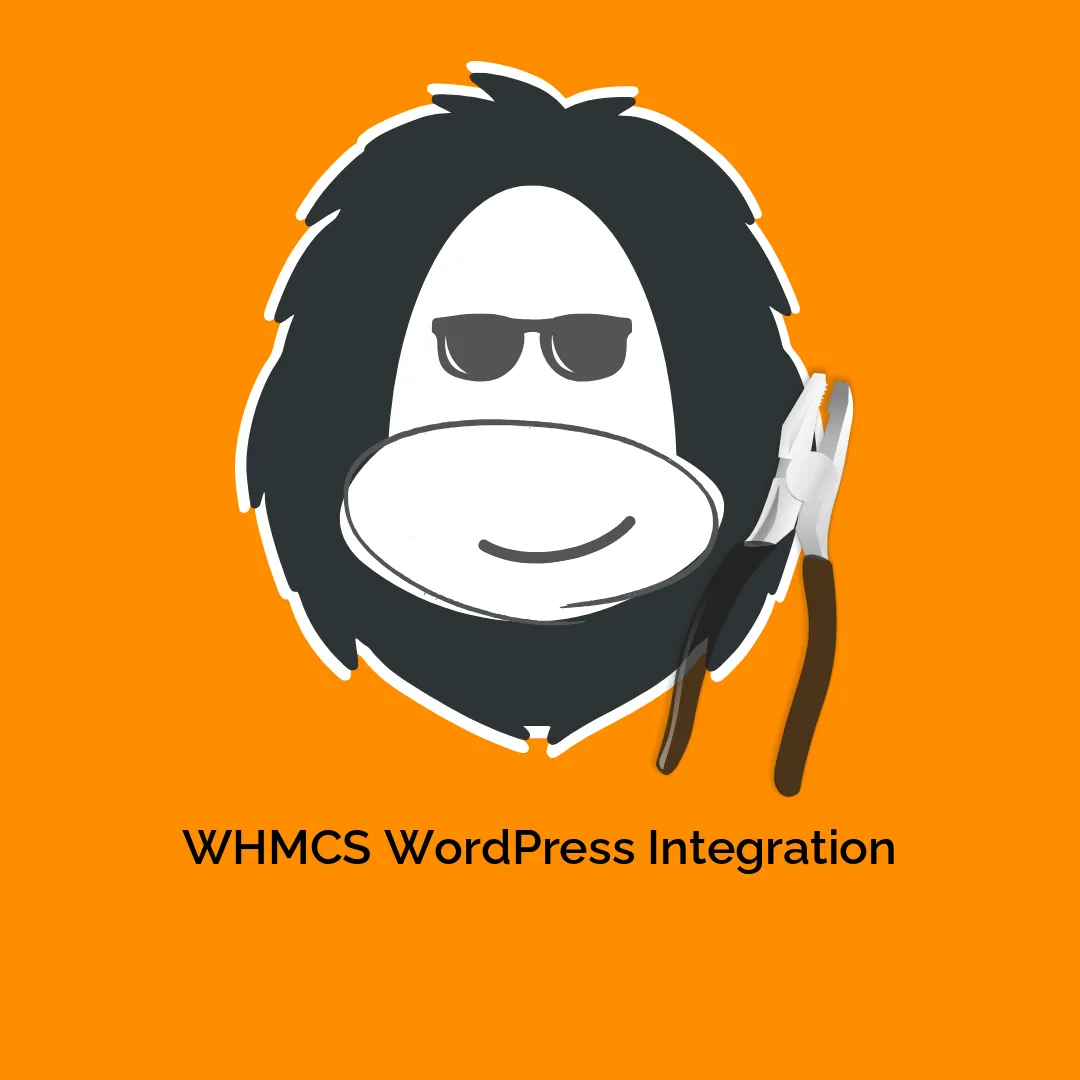Simplifying Hosting Management with WHMCS WordPress Integration
In today’s fast-paced digital landscape, effective hosting management is essential for web developers and businesses. The integration between WHMCS and WordPress can streamline a range of tasks, bringing efficiency to website provisioning and management.
Development
The WHMCS (Web Host Manager Complete Solution) is primarily used for billing and automation in web hosting environments. When this powerful tool is integrated with WordPress, website owners can simplify the management of hosting accounts directly from their WordPress dashboard. This integration offers numerous benefits, allowing users to manage their hosting services without needing to navigate through multiple platforms.
One of the key functionalities of WHMCS is its ability to manage customer accounts. This includes handling billing, invoicing, and customer support in one unified interface. When integrated with WordPress, users can harness these features seamlessly. For instance, customers who need hosting services can browse various plans, select their desired options, and manage their accounts all through the familiar WordPress interface.
Consider a scenario where a web developer needs to launch multiple client websites. Without WHMCS integration, each site would require a separate effort to set up hosting, configure billing, and ensure customer communication is handled. The WHMCS WordPress Integration simplifies this process — developers can automate client onboarding, provision hosting accounts in real-time, and manage support tickets all from the WordPress admin area.
Furthermore, WHMCS is equipped with a powerful API that allows customization of hosting services. This API can be utilized to create automated workflows, which enhance user experiences through speed and efficiency. For example, upon receiving a new order, WHMCS can automatically set up the server environment and deliver login information to the customer. In contrast, without integration, this process can involve manual steps that are prone to errors and consume valuable time.
Additionally, the WHMCS WordPress Integration makes it possible to implement advanced functionalities, such as custom branding for hosting packages. Website owners can tailor the appearance and functionality of their hosting services within WordPress to match their brand identity. This branding can range from logos to color schemes and can also include personalized email notifications sent to users upon account creation or service updates.
A significant benefit of integrating WHMCS with WordPress is the enhancement of user experience on the customer’s end. With a clear, branded interface, customers can have a more streamlined purchasing experience that feels cohesive and intuitive. Support services can also be integrated, allowing users to raise tickets or communicate with support directly through the WordPress site. This approach keeps customers informed and engaged while reducing the likelihood of losing potential clients due to complicated processes.
Moreover, the combination of WHMCS and WordPress grants website owners the ability to track and analyze hosting-related metrics. This data can provide insights into sales trends, customer preferences, and operational efficiency, allowing business owners to make informed decisions about their hosting strategies. Whether it’s adjusting pricing, promoting particular services, or identifying market opportunities, having integrated tools leads to a more responsive business model.
Security is another aspect where WHMCS excels when integrated with WordPress. WHMCS take care of payment processing, ensuring that user data is secure and compliant with industry standards. By utilizing WHMCS’ security features, such as SSL management and automated backups, WordPress sites can enhance their overall security posture without the extra overhead of managing those concerns manually.
To make the most of WHMCS WordPress Integration, businesses should also focus on their customer support systems. The integration allows the automatic linking of support tickets to new accounts, meaning clients can quickly get help without navigating away from the WordPress platform. This improves user satisfaction and builds trust, leading to higher retention rates.
In addition to being user-friendly, optimization for performance is crucial. The WHMCS WordPress Integration enables caching techniques and content delivery networks that can help speed up website load times. Combined with WordPress performance plugins, the management of server resources through WHMCS can lead to a highly optimized and responsive hosting experience.
Another dimension worth exploring involves the scalability of the WHMCS WordPress Integration. As businesses grow, their hosting needs become more complex. WHMCS is designed to handle a wide range of configurations, from shared hosting plans to dedicated servers. The integration allows WordPress site owners to expand their offerings effortlessly and cater to an evolving clientele without significant revamps of their systems.
The developer community also plays a pivotal role in the success of WHMCS and WordPress integration. By sharing plugins, integrations, and custom code snippets, developers can enhance the capabilities of the integration. Engaging in forums or communities that focus on WHMCS can yield new insights, tips, and best practices for achieving the best results from this combination.
It’s important to consider potential challenges when implementing WHMCS WordPress Integration. Some users may find navigating the setup complex, especially if they are unfamiliar with either platform. However, numerous resources, tutorials, and user guides are available to help streamline the setup process. Investing time in understanding both WHMCS and WordPress functionalities will pay off when leveraging the power of this integration.
In summary, WHMCS WordPress Integration marks a significant advancement for web hosting management. By enabling seamless connection between hosting automation and user-friendly website management, businesses can enhance operational efficiency and customer satisfaction. With automation, enhanced security, and comprehensive support, not to mention the analytical capabilities, integrating WHMCS with WordPress is a pragmatic solution for modern web developers.
Utilizing WHMCS for managing hosting operations can save businesses considerable time and resources, making them more competitive in the digital marketplace. As the demand for easy and accessible solutions continues to grow, those who adopt effective integrations will undoubtedly stand out as leaders in providing exceptional hosting services. The journey toward a more prosperous and streamlined hosting environment starts with embracing the capabilities that WHMCS and WordPress come together to offer. The future of web hosting management is here, and it’s about time to take advantage of all the benefits it can bring. You might even want to investigate further, ensuring your hosting setup is one step ahead in this ever-evolving technological landscape.
WHMCS WordPress Integration: Download for Free on OrangoGPL
Certainly, downloading WHMCS WordPress Integration for Free on OrangoGPL is feasible and perfectly legitimate.
Actually, even downloading a cracked WHMCS WordPress Integration is law-abiding, as the license it is distributed under is the GPL (General Public License), and this license permits the holder its free modification and resale.
This way, be relaxed: If you wanted to buy WHMCS WordPress Integration cheaply or, directly, to download WHMCS WordPress Integration Plugins nulled and, so, have it 100% free, on OrangoGPL, you can do that in a legal way.
Download WHMCS WordPress Integration GPL: The only way for entrepreneurs at the start of their journey
The name you choose is irrelevant: WHMCS WordPress Integration deals, download WHMCS WordPress Integration Plugins GPL, download WHMCS WordPress Integration without license or download WHMCS WordPress Integration nulled.
It is something completely within the law and something essential for any new entrepreneur.





Reviews
There are no reviews yet.